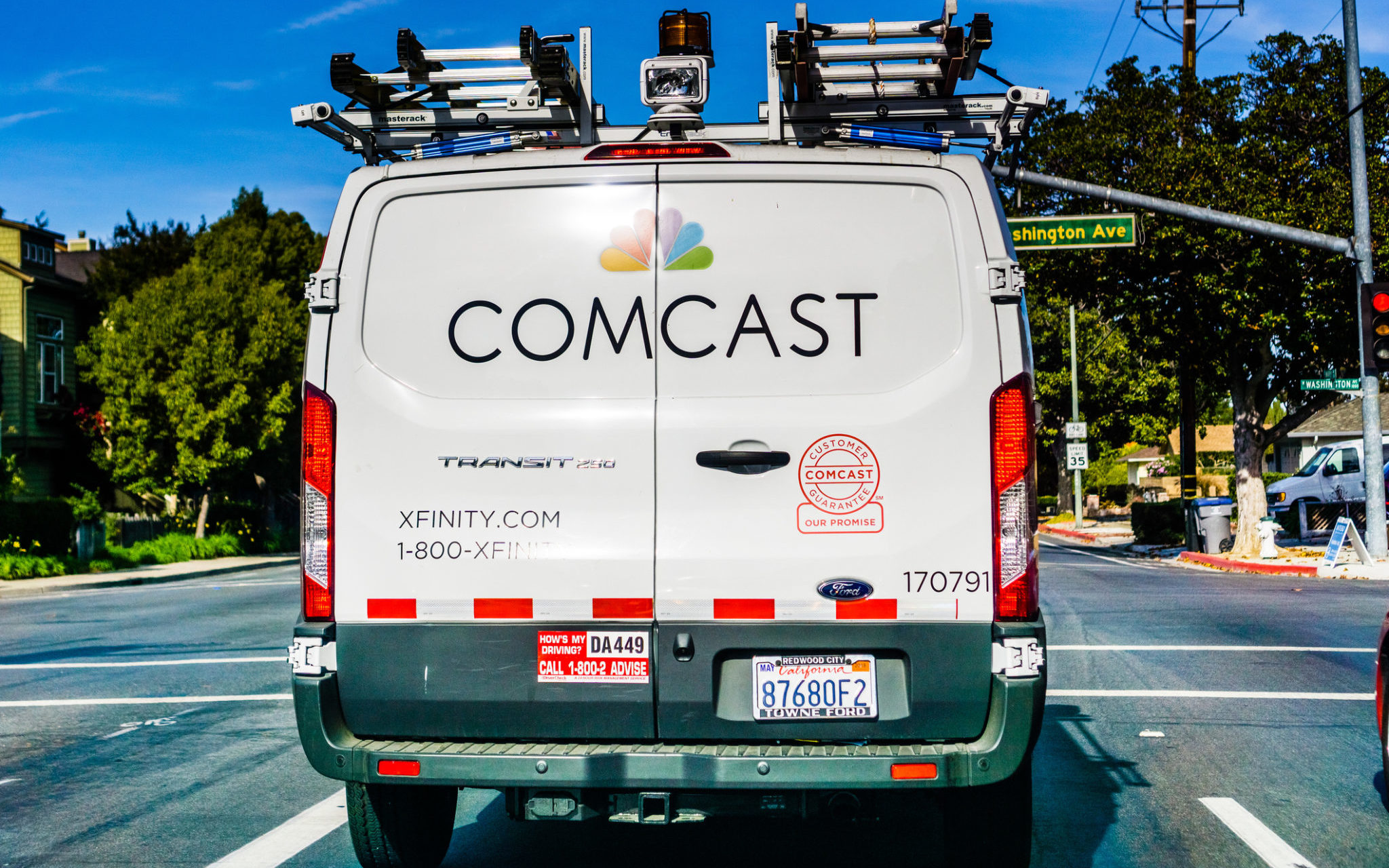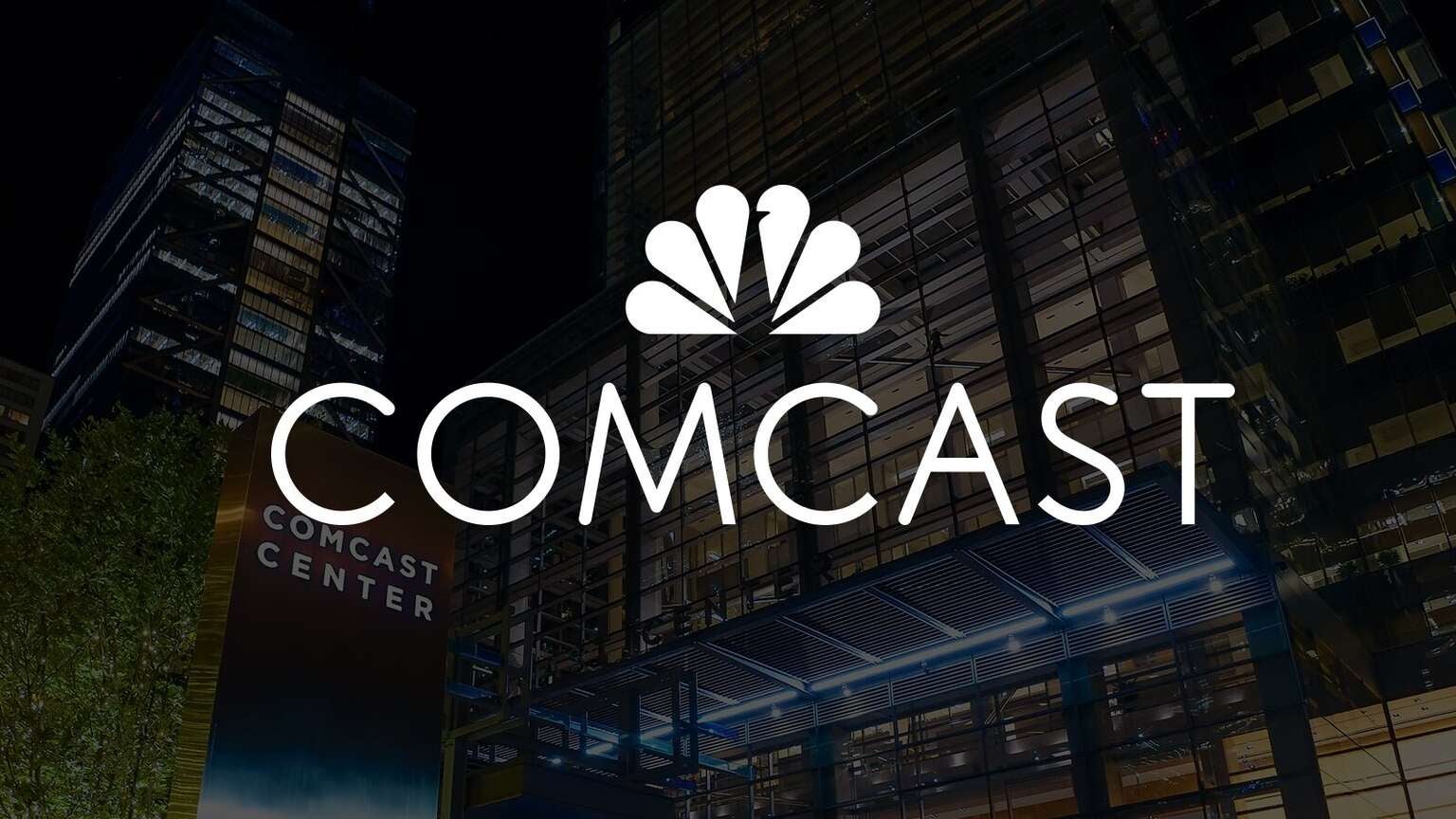Bruce
Bender and Chloe, the real Members of the Year
Original poster
Supporting Founder
Lifetime Supporter
- Nov 29, 2003
- 16,734
- 21,613
The year was not as bad for all of Paid Live TV, a prediction of over 6 Million did not happen thanks to YTTV, who had gains of 1.9 Million for the year and overtook Dish Network, they are now the #4 Provider, by the end of 2024, should overtake DirecTV for the #3 slot.
But it was still bad for Traditional Providers ( Cable/Satellite), they had a net loss of about 6,930,000 subscribers in 2023 – compared to a net loss of about 6,260,000 in 2022.
Also this shows why RSNs are having issues, the three main services that carries them, DirecTV, Comcast, Charter/Spectrum lost almost 6 Million combined, that means the same amount of per sub fees gone from the RSNs ( plus from the smaller services losses).
That means minus Dish Network Sub numbers from the total of Traditional Providers, then how many have cheaper packages like Entertainment with DirecTV, RSNs only have about 40 Million paying the per sub fee, so at this rate of losses, all of them will be unprofitable by the end of 2025, cannot beat the math.
The total is, Paid Live TV is down only 5 Million, thanks to YTTV.
 leichtmanresearch.com
leichtmanresearch.com
But it was still bad for Traditional Providers ( Cable/Satellite), they had a net loss of about 6,930,000 subscribers in 2023 – compared to a net loss of about 6,260,000 in 2022.
Also this shows why RSNs are having issues, the three main services that carries them, DirecTV, Comcast, Charter/Spectrum lost almost 6 Million combined, that means the same amount of per sub fees gone from the RSNs ( plus from the smaller services losses).
That means minus Dish Network Sub numbers from the total of Traditional Providers, then how many have cheaper packages like Entertainment with DirecTV, RSNs only have about 40 Million paying the per sub fee, so at this rate of losses, all of them will be unprofitable by the end of 2025, cannot beat the math.
The total is, Paid Live TV is down only 5 Million, thanks to YTTV.
Major Pay-TV Providers Lost About 5,000,000 Subscribers in 2023 - Leichtman Research Group
Durham, NH — March 8, 2024 — Leichtman Research Group, Inc. (LRG) found that the largest pay-TV providers in the U.S. – representing about 96% of the market – lost about 5,035,000 net video subscribers in 2023, compared to a pro forma net loss of about 4,590,000 in 2022. The top pay-TV providers...






